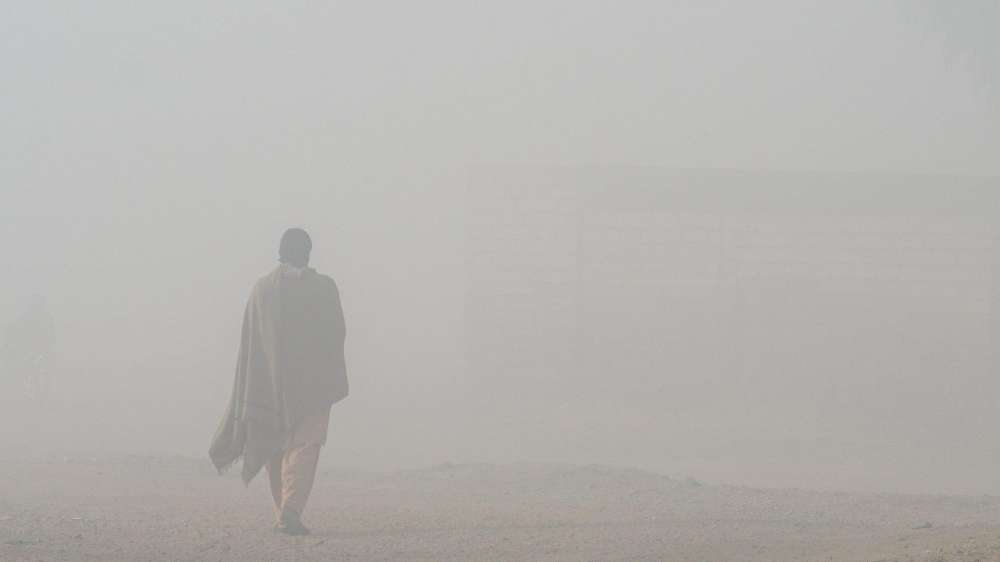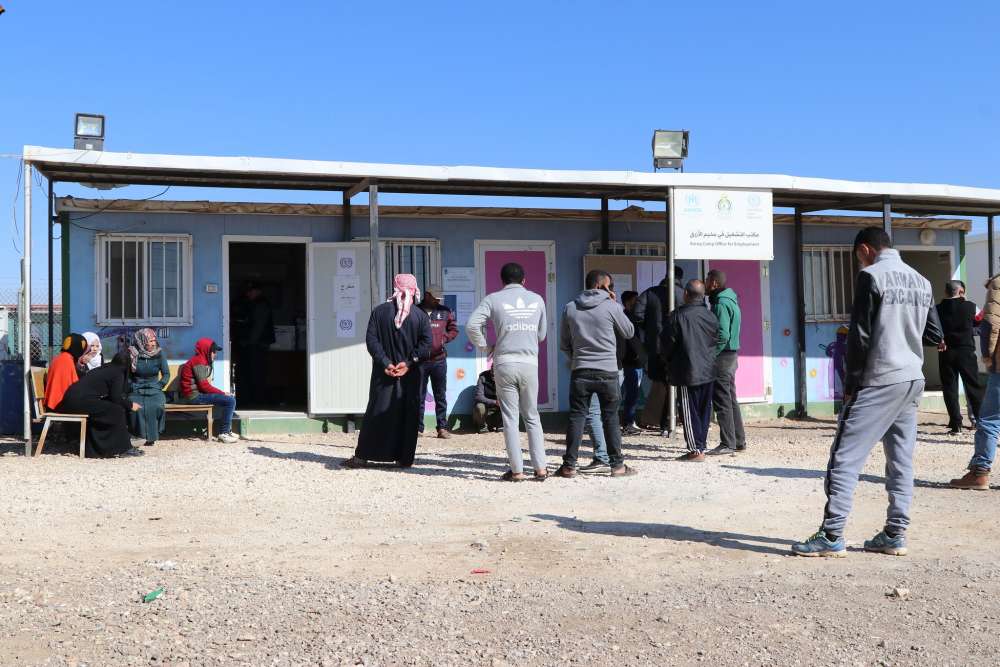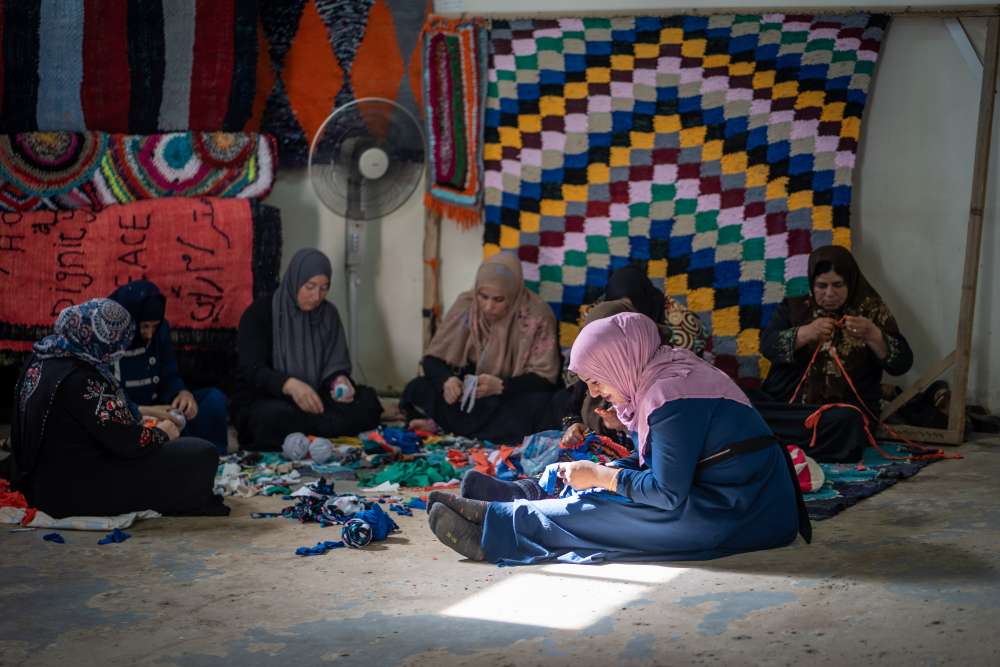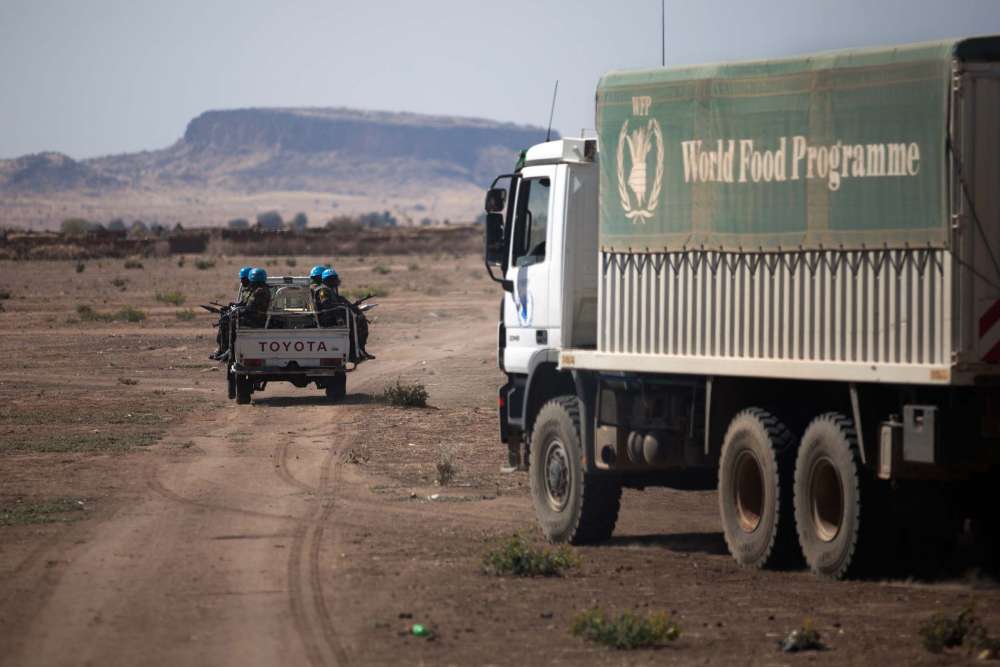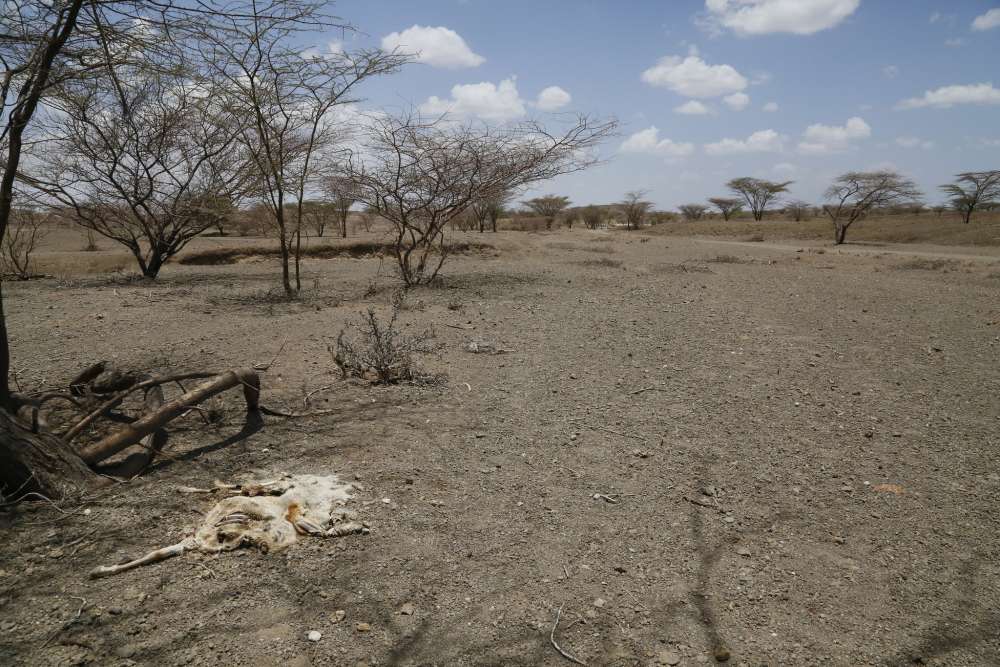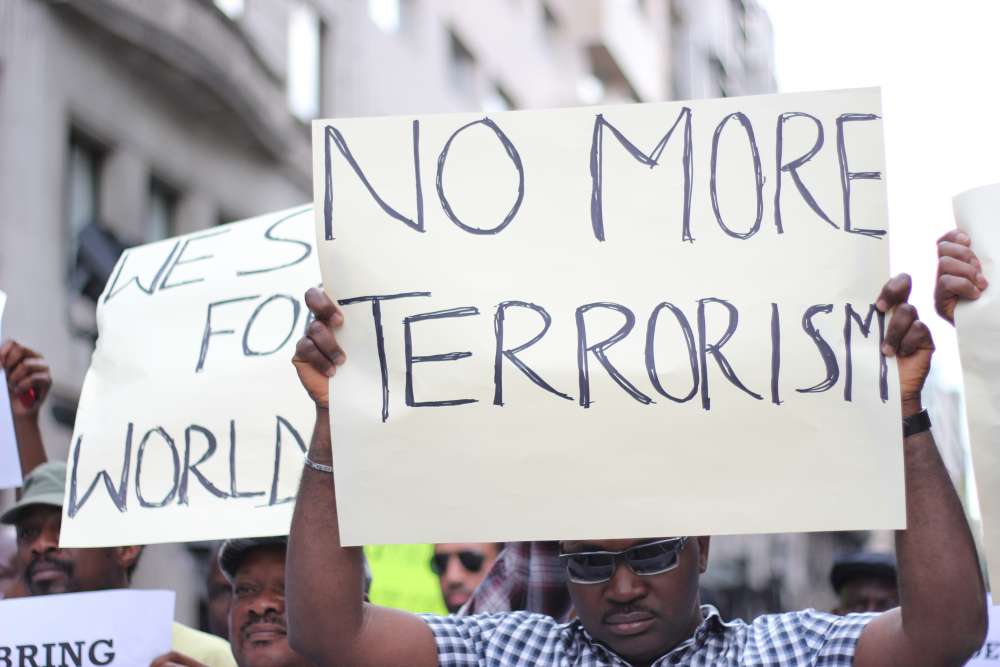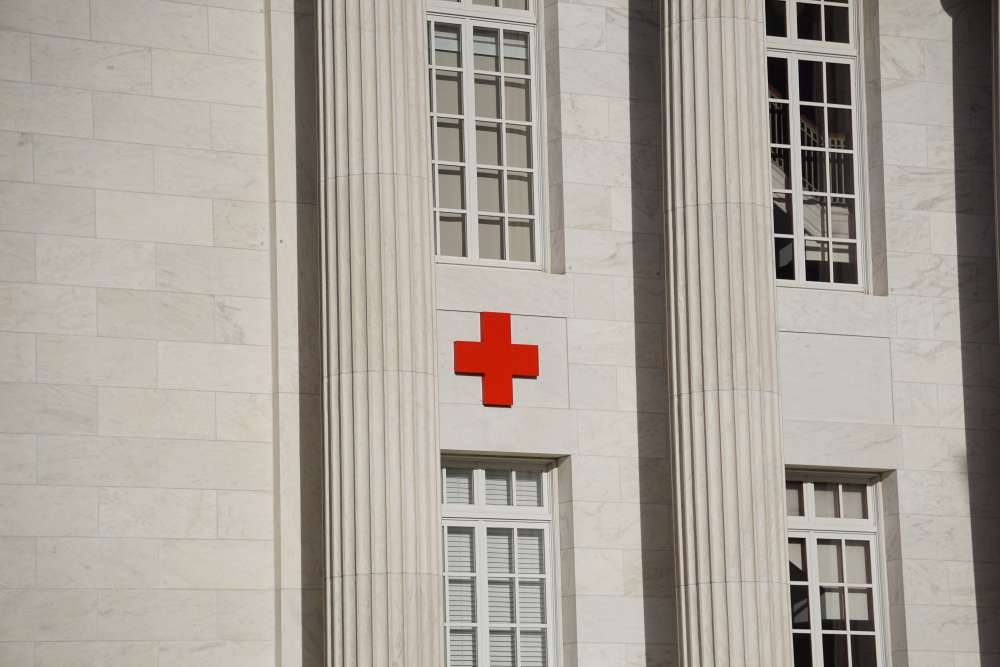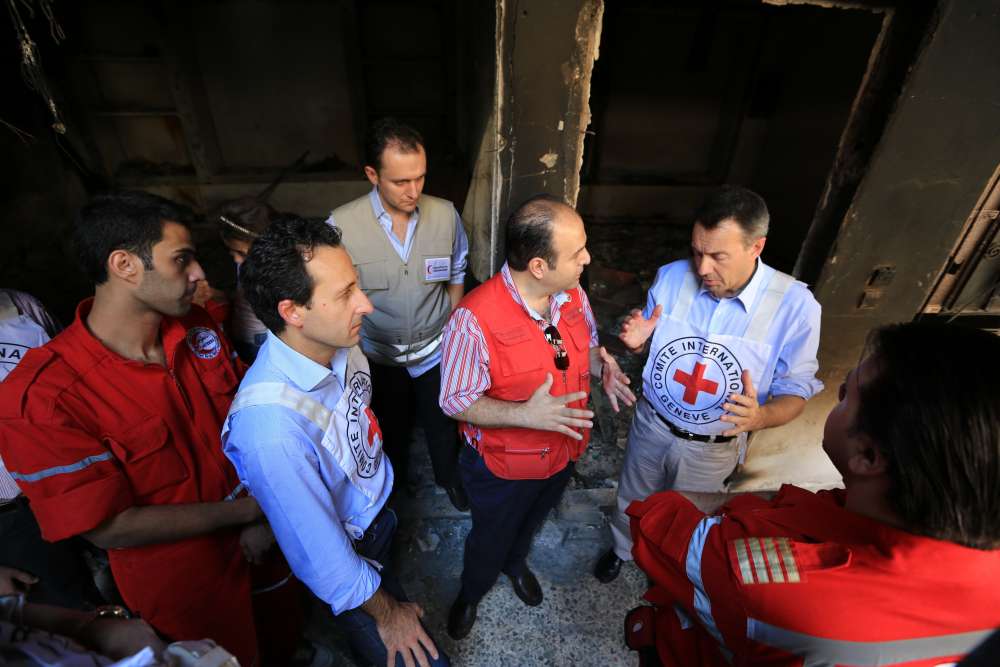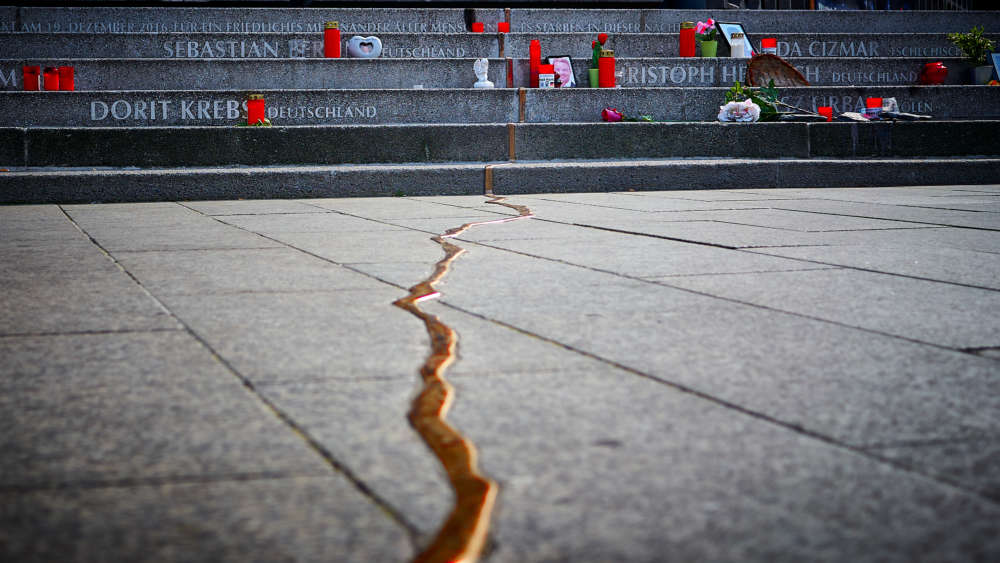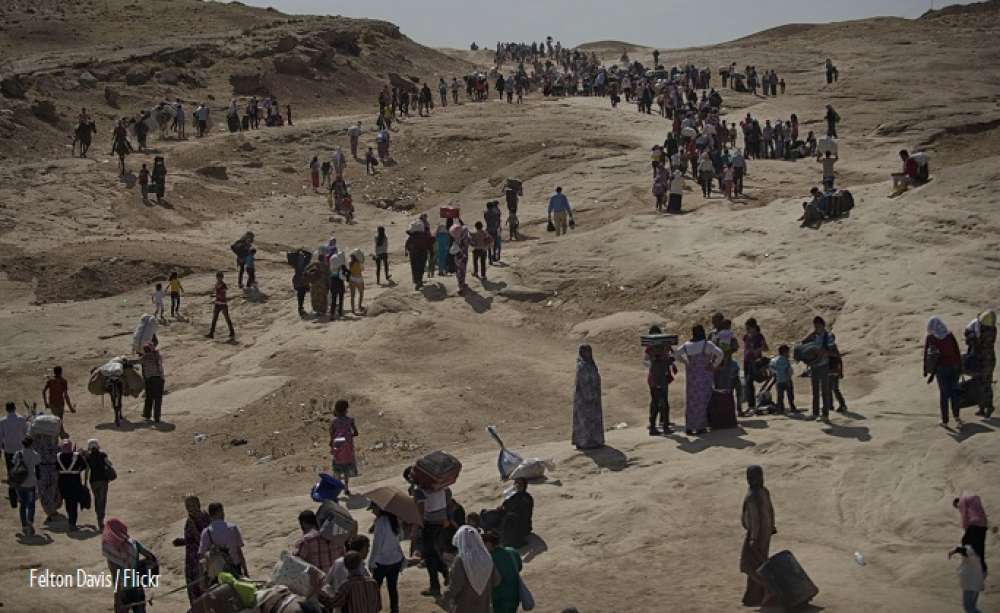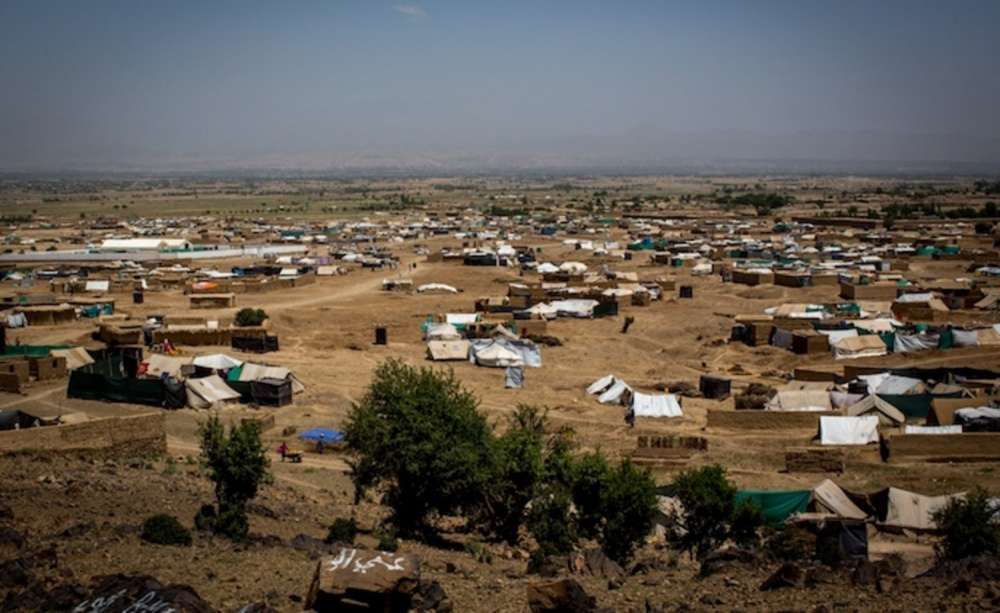Monitoring & Evaluation
Monitoring & Evaluation (M&E) helps organizations to learn and holds them accountable for their actions and achievements. At GPPi, we conduct research on which M&E systems work best, and when. We help organizations develop the M&E system that best suits their needs. We also conduct evaluations, designing them to be as useful as possible by: designing evaluations together with clients; involving key stakeholders throughout the process; approaching each subject with an open mind; using state-of-the-art methods; working with clients to fine-tune recommendations; writing as clearly as we can; spending time to discuss findings and; and returning later to discuss and track follow-up.
Building Evaluation Capacity to Improve Extremism Prevention
Evaluation toolkits can help practitioners in extremism prevention understand what does and doesn’t work and improve programs accordingly. But there is little evidence about what makes such resources effective. This study recommends steps toolkit developers and funders can take to maximize the value of their instruments.
Close the Gap: How to Leverage Local Analysis for Stabilization and Peacebuilding
Without a granular understanding of the political dynamics at work in places where violence occurs, even the best-intentioned stabilization efforts may go wrong. Local analysis can help, but using it requires sustained investment.
Whose Bright Idea Was That?
How do think tankers know if they are making a difference? The short answer: most don’t, even though many think tanks are doing more to try to measure their effectiveness and impact. We propose a framework that can help organizations like ours better assess and perhaps even improve their work.
Doubling Down on the Nexus
How does UNHCR cooperate with its development partners? And how does their partnership affect refugees? This report offers findings from a three-year-long first phase (2018−2021) evaluation with the International Security and Development Center.
Select Projects
PrEval: Improving Violent Extremism Prevention Through Evaluation
Together with the PrEval consortium, we are developing evaluation designs to assess Germany’s needs and capacities in preventing violent extremism.
Evaluation: UNHCR and Humanitarian-Development Cooperation
We took stock of UNHCR’s level of cooperation with development actors, assessing the effects of this cooperation, and supporting UNHCR in refining its strategy and operational approach.
Evaluation of WFP Policies on Humanitarian Principles and Access in Humanitarian Contexts
This report assesses how the World Food Programme applies the humanitarian principles and negotiates access, and offers recommendations for improvement.
Evaluating the Humanitarian System’s Response to Droughts in Ethiopia
Between 2015 and 2018, Ethiopia saw severe droughts that triggered a large-scale international humanitarian response. But did it meet its objectives and the needs of affected people?
Experts
Andrea Binder
Sarah Brockmeier
Katrin Kinzelbach
Julian Lehmann
Philipp Rotmann
Janika Spannagel
Sarah Bressan
Alexander Gaus
Susanna Krüger
Claudia Meier
Elias Sagmeister
Julia Steets
Funding & Contact
Our funders and clients include the United Nations Office for the Coordination of Humanitarian Affairs (UN OCHA), the Danish Refugee Council (DRC), Deutsche Gesellschaft für international Zusammenarbeit (GIZ), the United Nations Children’s Fund (UNICEF), the European Commission Directorate-General for Humanitarian Aid and Civil Protection (DG ECHO), the International Committee of the Red Cross (ICRC), the UN Refugee Agency (UNHCR), the World Food Programme (WFP), the Food and Agriculture Organization of the United Nations (FAO), the UK Department of International Aid (DFID), and the German Foreign Office.
For more information, please contact Julia Steets.

